W.I.N. Wednesday: It's a human condition.
There is a lot of talk today about implicit bias and law enforcement. Implicit bias is not a cop thing. It is not a white thing. It is a not a black thing. It is a human thing. There is also a lot of confusion as some people are using the terms racism and implicit bias interchangeably. Racism, as explained it to me by a psychologist, is not an implicit bias; it is an explicit bias.
Implicit Bias, a term first coined by social psychologists Mahzarin and Tony Greenwald in 1995, is a human condition. According to a Psychology Today article “Implicit bias is a normal behavioral phenomenon; it happens to everyone all the time.” When I interviewed Reverend Dr. Bryant T. Marks on the topic of Implicit Bias for the Excellence in Training Academy he told me, “If you are a human being living in society and have a brain, then you have implicit bias.” Implicit bias is also known as Implicit Social Cognition. Social Cognition is how we process information about other human beings.
According to the research implicit bias is, “an unconscious association, belief, or attitude towards any social group. As a result of these implicit biases, people may often attribute certain qualities or characteristics to all members of a particular group, a phenomenon known as stereotyping.” Biases and stereotypes are not in and of themselves good or bad, positive or negative.
Stanford Professor Jennifer Eberhardt says, “Implicit biases are the product of learned associations and social conditioning.” These implicit biases are influenced by experiences, although they may not be the result of direct personal experiences. Cultural conditioning, media portrayals and upbringing can all contribute to the implicit associations people form about members of social groups. According to Dr. Marks, “Implicit bias is not a character issue, it is an exposure issue.”
In her book Biased Dr. Eberhart writes, “We all have ideas about race, even the most open-minded among us. Those ideas have the power to bias our perception, our attention, our memory, and our actions – all despite our conscious awareness or deliberate intentions. Our ideas about race are shaped by the stereotypes to which we are exposed to on a daily basis. And one of the strongest stereotypes in American society associates blacks with criminality.” Dr. Eberhardt also reminds us, “It is possible to unconsciously associate positive or negative traits with one’s own race, gender or background.”
According to The Ohio State University Kirwan Institute for the Study of Race and Ethnicity, “The implicit associations we harbor in our subconscious cause us to have feelings and attitudes about other people based on characteristics such as race, ethnicity, age and appearance. These associations develop over the course of a lifetime beginning at a very early age through exposure to direct and indirect messages. In addition to early life experiences, the media and news programming are often-cited origins of implicit associations.”
The Ohio State University Kirwan Institute for the Study of Race and Ethnicity also states, “Implicit biases are pervasive. Everyone possesses them, even people with avowed commitments to impartiality such as judges. “ They go on to point out, “The implicit associations we hold do not necessarily align with our declared beliefs or even reflect stances we would explicitly endorse.”
You can see how problems can arise when someone from one social group (such as the police) interact with someone from another social group (such as a young black male) if both parties hold negative implicit biases and subconscious associations about the other.
Because implicit biases are subconscious associations you are not going to change negative implicit biases simply by attending a 2 or 4 hour workshop, or reading a book about bias. Those are great places to start, as the first step towards meaningful change is awareness. Changing negative subconscious associations however, takes time, attention and intention. Dr. Marks says, “These changes require empathy, not guilt and they require a willingness to learn and listen.” He recommends you seek a balance of exposure, and look for examples of people from a social group who do not fit the stereotype you may hold.
Other strategies include:
Striving to see people as individuals. Friend and mentor Chip Huth advocates that, “We see people as people. People who have their own hopes, dreams, fears, aspirations, experiences, influences and biases.”
Make a conscious effort to be aware of, and change your negative stereotypes of people.
Seek first to understand, then to be understood. Seeing another person as an individual and seeking to understand their perspective is part of being empathic.
Engage in conversations not debates.
Have compassion for yourself and others. We are all human, all have biases and we all make mistakes.
What’s Important Now? Accept that implicit bias is part of the human condition. To change negative implicit biases requires us all to stop pointing outward, and continually look inward.
Take care.
Brian Willis
www.lifesmostpowerfulquestion.com
Maximizing human potential through Life's Most Powerful Question - What's Important Now?
If you found value in this post please share this with your friends, family and co-workers.




















